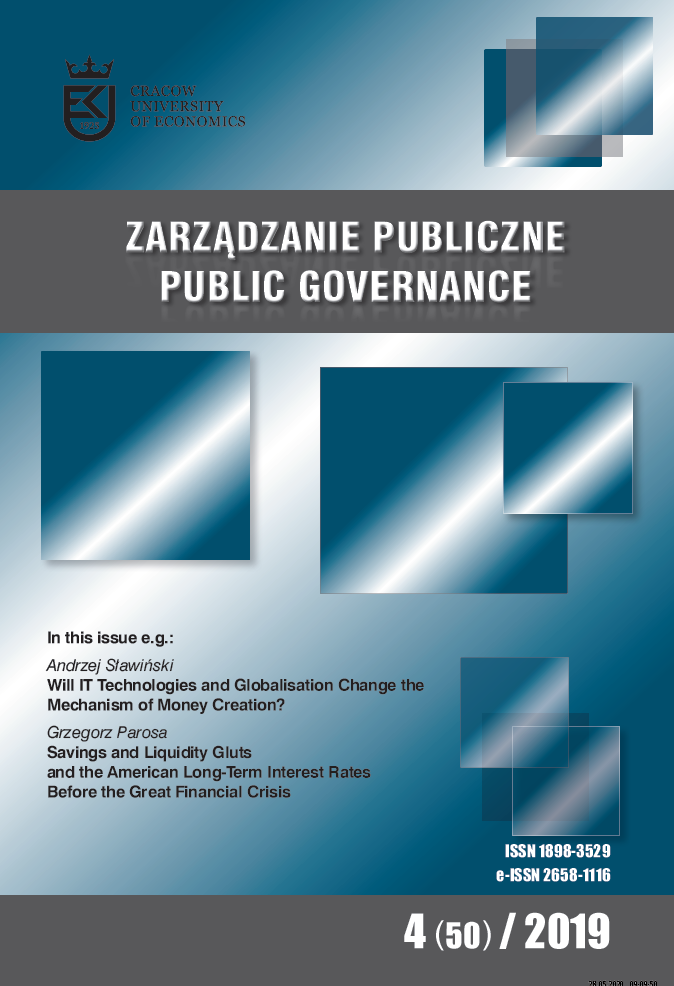Social Choice, Social Sustainability, and Why the Neoclassical Approach Fails to See the Difference
Social Choice, Social Sustainability, and Why the Neoclassical Approach Fails to See the Difference
Author(s): Iana OkhrimenkoSubject(s): Politics / Political Sciences, Politics, Political Sciences, Public Administration
Published by: Uniwersytet Ekonomiczny w Krakowie we współpracy z Wydawnictwem Naukowym Scholar
Keywords: public policy; social norms; social preferences; social sustainability
Summary/Abstract: Objectives: The neoclassical economic framework is a dominant approach in both theoretical and applied fields, suchas public policy design. Despite the substantial amount of criticism towards the neoclassical assumptions of rationalchoice and obstacles related to preference aggregation, there is a minor concern regarding the underlying philosophyof the mainstream public policy design, namely static social utility maximisation under exogenously given socialpreferences.This paper analyses the inherent biases of the public policy based on the neoclassical background,attempting to prove that although such an approach can theoretically lead to the socially optimal outcome, it is hardlyin line with the long-run social survival and development objectives. Other than this, the paper attempts to explore howincorporating alternative approaches towards individual and collective rationality into the theory of social choice canallow for designing a more sustainable public policy.Research Design & Methods: The paper presents the review of the relevant literature alongside the theoretical inquiryinto the underlying logic and philosophy of the neoclassical approach towards the public policy design as well asthe most relevant non-mainstream theories.Findings: It is demonstrated that the assumptions behind the neoclassical framework are inconsistent with the notionsof social evolution and social sustainability.Implications / Recommendation: The persistent idea that public policymakers should attempt to maximise social utilityimplies artificial limitations for public policy as well as ill-designed goals and objectives. There is a strong need toreconsider the appropriateness of using the neoclassical analytical framework in public policy design.Contribution / Value added: The framework discussed in this article serves as the ground for more sustainable publicpolicy design principles.Keywords: public policy, social norms, social preferences, social sustainabilityArticle classification: research articleJEL classification: B25, B55, D02
Journal: Zarządzanie Publiczne
- Issue Year: 2019
- Issue No: 50
- Page Range: 54-62
- Page Count: 9
- Language: English

